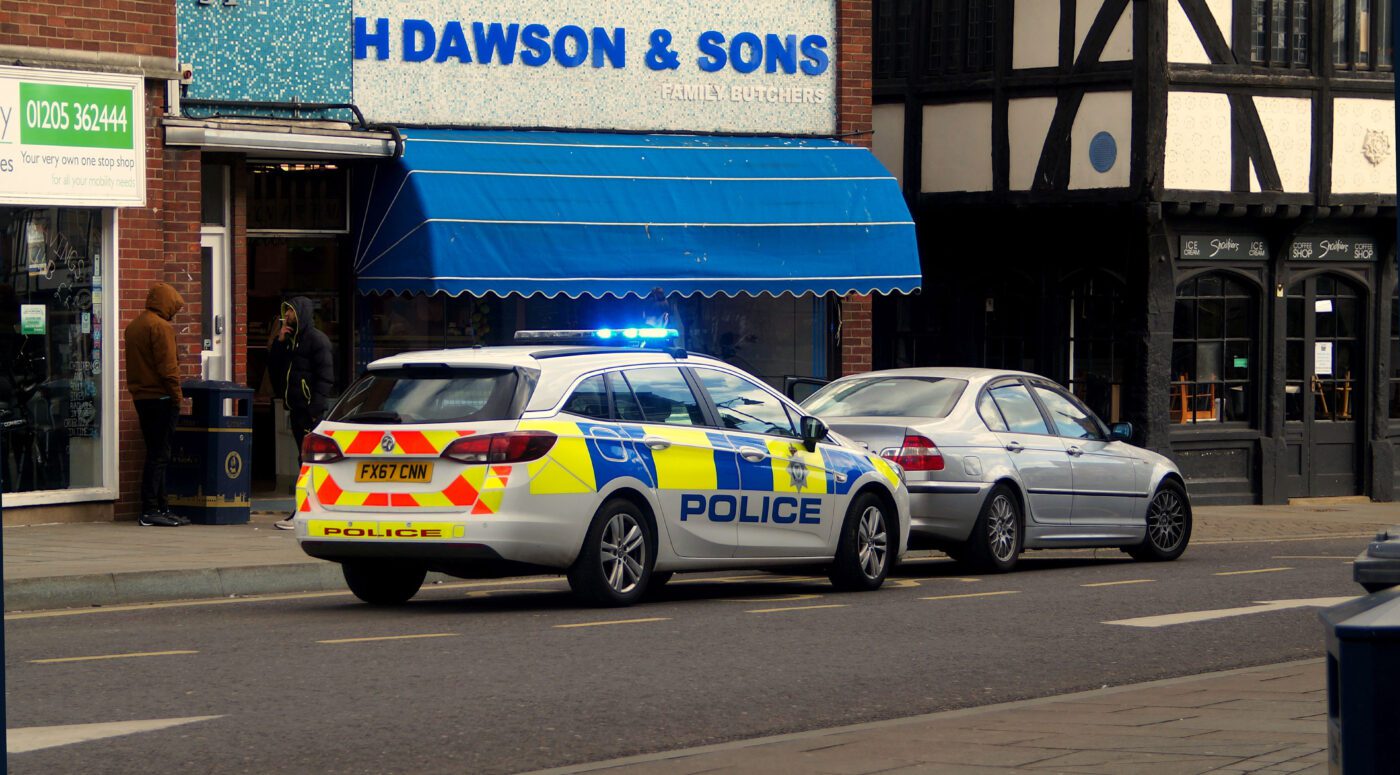

Facing a charge of death by dangerous driving is an incredibly serious and distressing experience. This offence, which involves causing the death of another person through driving that falls far below the expected standard, can have life-changing consequences for everyone involved. If you or someone you care about is under investigation or has been charged with death by dangerous driving, it is natural to feel overwhelmed, anxious, and uncertain about what lies ahead. Understanding your rights, the legal process, and the importance of expert legal representation is crucial at this difficult time. This article explains what the offence involves, why you need a solicitor, possible defences, bail considerations, court procedures, sentencing, first-time offender outcomes, Legal Aid eligibility, and where to get further help.
Do I need a solicitor for death by dangerous driving?
Death by dangerous driving is an offence under Section 1 of the Road Traffic Act 1988. The law defines dangerous driving as driving that falls far below what would be expected of a competent and careful driver, and where it would be obvious to a competent and careful driver that driving in that way would be dangerous. The consequences of a conviction are extremely serious, including the possibility of a lengthy prison sentence, a driving ban, and a criminal record that can affect your future employment and personal life.
It is highly recommended to have a solicitor if you are accused of death by dangerous driving. The law in this area is complex, and the prosecution must prove not only that your driving was dangerous, but also that it directly caused the death. A solicitor will ensure that your rights are protected from the outset, advise you on what to say in police interviews, and help you understand the evidence against you. They will scrutinise the prosecution’s case, identify any weaknesses or inconsistencies, and gather evidence in your favour, such as expert reports on road conditions, vehicle defects, or medical emergencies that may have contributed to the incident. A solicitor will also negotiate with the prosecution, advise you on plea options, and represent you in court, ensuring that your case is presented as strongly as possible. Without expert legal advice, you risk making mistakes that could seriously harm your defence and your future.
What are possible defences to death by dangerous driving?
To secure a conviction for death by dangerous driving, the prosecution must prove beyond reasonable doubt that your driving was dangerous according to the legal definition, and that this driving caused the death. There are several possible defences, depending on the circumstances of the case.
One possible defence is that your driving did not fall far below the standard expected of a competent and careful driver. Sometimes, what may appear to be dangerous driving at first glance may, on closer examination, be explained by factors outside your control, such as a sudden medical emergency, an unexpected mechanical failure, or the actions of another road user. If you can show that your driving was not dangerous, or that the dangerous aspect was not your fault, you may be acquitted.
Another defence is that your driving, even if it was dangerous, did not cause the death. For example, if the fatality was the result of an unrelated medical event or the actions of another person, you may not be criminally responsible. In some cases, the prosecution’s evidence may be based on witness statements or expert reports that are open to challenge. A solicitor will carefully examine the evidence, instruct independent experts if necessary, and challenge the prosecution’s case in court.
In rare cases, it may be possible to argue that you were not the driver at the time of the incident, or that your identity has been mistaken. Each case is unique, and a solicitor will tailor the defence strategy to the specific facts and evidence, ensuring that every possible avenue is explored to protect your interests.
Will I get bail for death by dangerous driving?
Bail is not automatically granted, and the court will consider several factors before deciding whether to release you while awaiting trial. The main considerations are whether you are likely to attend court when required, whether you pose a risk to the public, and whether there is a risk that you might interfere with witnesses or obstruct the course of justice.
The seriousness of the offence means that the court will look closely at the circumstances, including your previous criminal record, your ties to the community, your employment status, and your history of complying with bail conditions in the past. The court may impose strict conditions if bail is granted, such as surrendering your passport, reporting regularly to a police station, living at a specified address, or having a curfew. In some cases, the court may refuse bail if it believes there is a significant risk that you will abscond or commit further offences.
Will I have to go to court if I’m arrested or charged for death by dangerous driving?
If you are arrested or charged with death by dangerous driving, it is almost certain that you will have to attend court. This offence is considered so serious that it can only be dealt with in the Crown Court, rather than the Magistrates’ Court. The process usually begins with a hearing in the Magistrates’ Court, where the case is formally sent to the Crown Court for trial or sentencing.
At court, you will be required to enter a plea of guilty or not guilty. If you plead not guilty, your case will proceed to a trial before a judge and jury, where the prosecution will present its evidence and your solicitor will present your defence. If you plead guilty, the court will move to sentencing, taking into account the circumstances of the offence, any mitigation, and your personal circumstances.
Will I go to jail if found guilty of death by dangerous driving?
A conviction for death by dangerous driving almost always results in a custodial sentence. The law recognises the gravity of causing a death through dangerous driving, and the courts are required to impose sentences that reflect the seriousness of the offence and the need to protect the public.
The length of the prison sentence will depend on several factors, including the level of danger posed by your driving, whether there were aggravating features such as excessive speed, drink or drug use, or previous convictions for similar offences, and any mitigating circumstances such as genuine remorse, a previously clean driving record, or evidence that you tried to help the victim after the incident. Sentencing guidelines for this offence suggest a range of seven to 14 years’ imprisonment in the most serious cases, but the actual sentence will be determined by the judge based on the facts of your case.
In addition to a prison sentence, you will also face a mandatory driving ban of at least five years, and you may be required to take an extended retest before you can drive again.
Will I go to jail if it’s my first offence of death by dangerous driving?
Even if this is your first offence, a conviction for death by dangerous driving is likely to result in a prison sentence. The courts take a very serious view of this offence, and the fact that someone has lost their life as a result of dangerous driving means that a custodial sentence is usually considered necessary to reflect the seriousness of the offence and to deter others.
However, the court will take into account your previous good character, any evidence of remorse, and any steps you have taken to address the causes of the offence, such as attending a driver improvement course or seeking help for underlying issues. If there are exceptional circumstances, such as a genuine medical emergency or other factors that reduce your culpability, the court may consider alternatives to immediate custody, but these cases are rare.
Can I get Legal Aid for death by dangerous driving?
Legal Aid is available for those facing a charge of death by dangerous driving, but you must satisfy both the merits test and the means test. The merits test considers whether it is in the interests of justice for you to have legal representation, which is almost always the case for such a serious offence. The means test assesses your financial situation, including your income, savings, assets, and household circumstances.
If your income is below a certain threshold, and you have limited savings and assets, you are likely to qualify for Legal Aid. The assessment takes into account your partner’s income and any dependants, as well as living costs such as rent or mortgage payments. If your income is above the threshold, you may be required to make a contribution towards your legal costs, or you may not qualify for Legal Aid at all.
Where to get more help
Stuart Miller Solicitors are highly experienced in defending clients accused of serious motoring offences, including death by dangerous driving. Our experienced team of specialist criminal defence solicitors will provide representation and compassionate support throughout your case. Contact us today for a free consultation.
OUR COMMITMENTS TO YOU:
-
Responsive
A legal expert will consult you within 24 hours of making an enquiry.
-
Empathetic
We will always treat you with trust, understanding and respect.
-
Specialised
Your case will be handled by an expert who specialises in your type of offence.
-
Proactive
We will take early action to end proceedings as soon as it is practically and legally possible to do so.
-
Engaged
You will be kept updated on your case at all times. We will provide a named contact available to answer your questions.
-
Caring
We understand this is a difficult and stressful time for you and your family. Our team will support you every step of the way.
-
Tenacious
We will never give up on your case. We fight tirelessly to get you the best possible outcome.

